Nuclear Threat Initiative staff reviewed this page prior to publication.
The Open Philanthropy Project recommended a grant of $476,859 to the Nuclear Threat Initiative (NTI) to support the first phase of the creation of the Global Health Security (GHS) Index, a public report that will score countries on factors relevant to biosecurity and pandemic preparedness.1 NTI intends to partner with the Center for Health Security (CHS) (to whom we have previously made a grant) and the Economist Intelligence Unit (EIU) to develop this Index.
Planned activities for phase one of this project include:
- Developing a draft framework for the Index based on information from literature reviews and expert interviews.
- Convening an international expert advisory group to refine the framework and generate a list of potential metrics and indicators.
- Determining the availability of data sets for each metric and indicator.
- Publishing a set of 20-30 metrics and indicators that can be used to measure global health security in an index.
If successful, we believe that a GHS Index would drive political accountability by calling attention to countries that are failing to adequately invest in health security. The Index could also be a useful tool for mapping gaps and thereby identifying funding opportunities for national governments, the Open Philanthropy Project, or other funders.
We are excited about this grant for several reasons:
- We are not aware of an existing comprehensive source for this type of information, nor a comprehensive international standard for national global health security capacity. The closest equivalent is the Joint External Evaluation (JEE), governed by the World Health Organization (WHO). The JEE was launched in 2016 and combines WHO’s International Health Regulations with the Global Health Security Agenda assessment tool.2 However, we believe the JEE has important limitations compared to the kind of comprehensive tool that this grant is intended to support. A key issue we see with the JEE is that it is possible for countries to get high scores despite being, in our view, unprepared to prevent or respond to a pandemic.
- The GHS Index would be independent and therefore much less likely to be subject to political pressure.
- We believe that these three organizations are exceptionally well-equipped to do this work.
- Our understanding is that some past examples of similar indexes, such as NTI’s Nuclear Security Index, have been successful at creating political pressure and impacting government decision-making.
The key open question for this grant is whether the proposed GHS Index can offer an improvement over the JEE in terms of how it measures capacity to prevent and respond to pandemics. An important related question is whether sufficient publicly available data exist to support an effective index. We recommended this planning grant to provide NTI, CHS and EIU with an opportunity to explore these questions by developing a preliminary set of categories for the Index and determining whether publicly available data exist in those categories.
Sources
| DOCUMENT | SOURCE |
|---|---|
| Global Health Security Agenda, Assessments & JEE | Source (archive) |
| NTI Nuclear Security Index, About the NTI Index | Source (archive) |
